Market Trends
Key Emerging Trends in the Europe Vegan Wines Market
In recent years, the European vegan wine market has experienced a notable surge in demand, reflecting shifting consumer preferences towards plant-based lifestyles and ethical consumption choices. Veganism, a lifestyle that abstains from the use of animal products, has gained momentum across Europe, driving a growing interest in vegan-friendly wines. This trend is driven by various factors, including concerns about animal welfare, environmental sustainability, and health consciousness. As a result, winemakers and producers are increasingly adapting their practices to cater to this emerging market segment, leading to a proliferation of vegan wines across the continent.
One significant trend in the European vegan wine market is the adoption of animal-free fining agents during the winemaking process. Traditional fining agents such as gelatin, egg whites, and fish bladder-derived isinglass are commonly used to clarify and stabilize wines. However, these animal-derived ingredients are incompatible with vegan principles, prompting winemakers to explore alternative fining agents such as bentonite clay, activated charcoal, and pea protein. By eliminating animal products from the winemaking process, producers can create wines that are certified vegan-friendly, appealing to a growing base of vegan and environmentally conscious consumers.
Moreover, the market has witnessed a surge in demand for organic and biodynamic vegan wines, reflecting a broader shift towards sustainable and eco-friendly agricultural practices. Organic and biodynamic vineyards eschew synthetic pesticides, herbicides, and fertilizers, opting instead for natural and holistic farming methods that prioritize soil health and biodiversity. This commitment to sustainability resonates with consumers seeking wines that are not only vegan but also produced with minimal environmental impact. As a result, certified organic and biodynamic vegan wines are gaining traction in the European market, appealing to environmentally conscious consumers looking to align their purchasing decisions with their values.
Additionally, the European vegan wine market has seen an increase in the availability and variety of vegan wine options across different price points and regions. While traditionally associated with niche and specialty wine shops, vegan wines are now becoming more mainstream, with supermarkets, online retailers, and restaurants expanding their offerings to cater to growing demand. This greater accessibility allows consumers to explore a diverse range of vegan wines from renowned wine-producing regions such as France, Italy, Spain, and Germany, as well as emerging wine regions in countries like Portugal, Austria, and Hungary.
Furthermore, the rise of vegan wine certification schemes and labeling initiatives has facilitated consumer choice and transparency in the European market. Recognizing the need for clear labeling to identify vegan-friendly wines, certification bodies and industry organizations have developed standards and guidelines for producers to follow. These certifications assure consumers that wines bearing the vegan label have been produced without the use of animal products or by-products throughout the winemaking process. By providing clear information about the vegan status of wines, these labeling initiatives empower consumers to make informed purchasing decisions and support ethical and sustainable wine production practices.


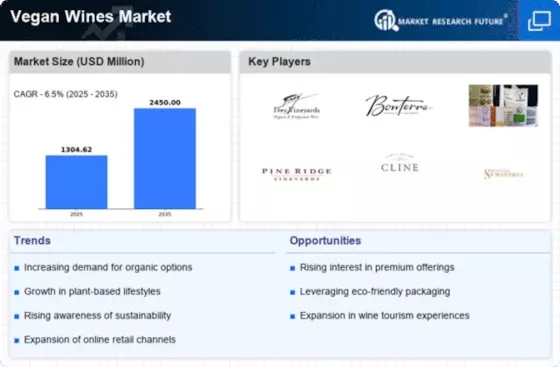
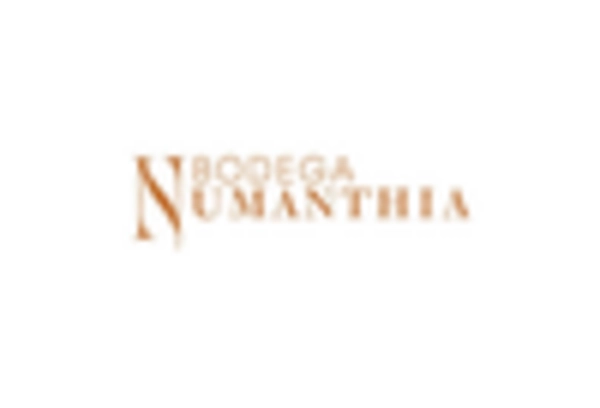

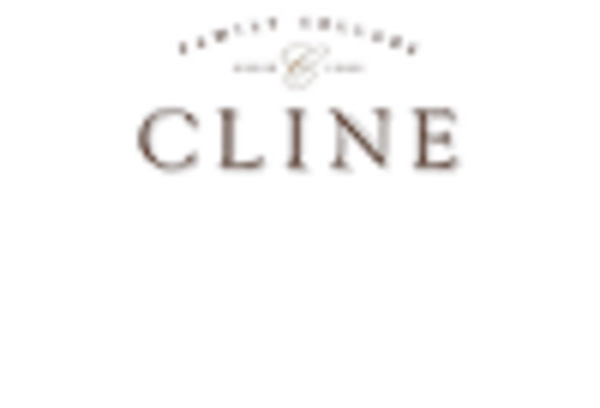
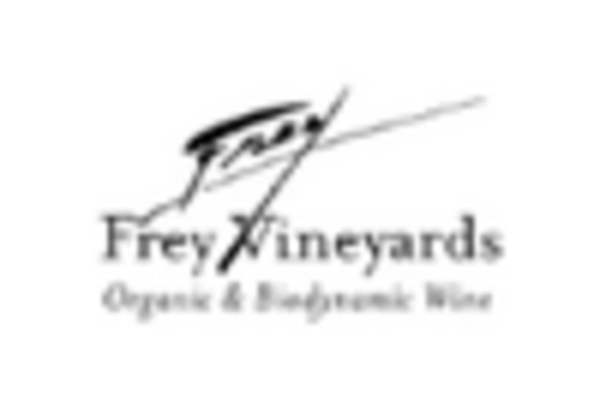

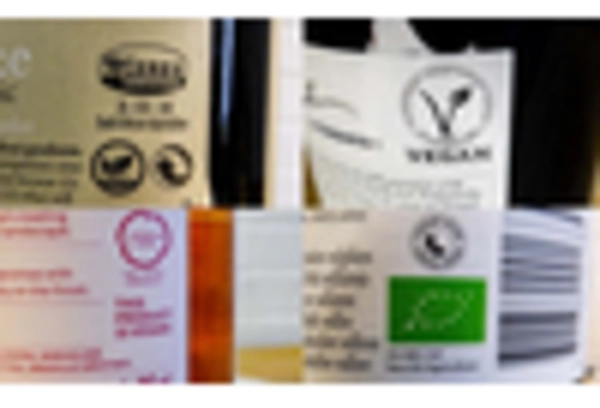










Leave a Comment